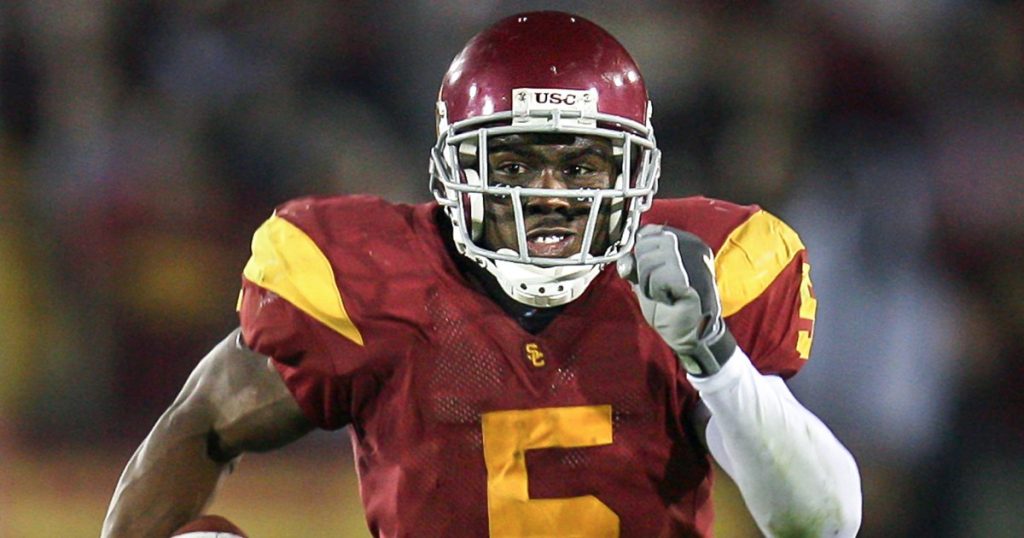Reggie Bush, a former star football player for the University of Southern California (USC), has filed a lawsuit against his school, the NCAA, and the Pac-12 to recoup money made on his name, image, and likeness during his college career two decades ago. Bush’s attorneys claim that he should be compensated for the exploitation of his identity while playing for USC, setting a precedent for fair treatment of all college athletes. Bush was a standout player for USC from 2003-2005, winning two national titles and the Heisman Trophy before going on to an 11-year NFL career. He forfeited his Heisman in 2010 due to sanctions related to his dealings with sports marketers, but the honor was recently restored.
In addition to his ongoing defamation lawsuit against the NCAA, Bush’s new lawsuit raises questions about his relationship with USC, which had begun to warmly welcome him back following the restoration of his Heisman Trophy. The school had disassociated from him for 10 years after the 2010 NCAA ruling but had recently celebrated his achievements, including returning his No. 5 jersey to its place of honor. Despite this warmth, Bush’s attorneys emphasize that more needs to be done to rectify the past injustices he faced. USC has not yet commented on Bush’s new legal action.
Bush’s case is part of a larger trend of former college athletes seeking compensation for their past athletic careers under the new rules in college athletics. Other athletes, such as Denard Robinson and Braylon Edwards from Michigan, have also sued the NCAA and conferences for compensation for the use of their names, images, and likenesses. In June, a group of former NC State basketball players from the 1983 NCAA championship-winning team also sued the NCAA and the Collegiate Licensing Company for similar reasons. The NCAA and major conferences are currently working to settle antitrust lawsuits related to NIL compensation, with a $2.78 billion settlement agreement in place for hundreds of thousands of college athletes.
The NCAA changed its rules in 2021 to allow athletes to profit from sponsorship and endorsement deals after resisting such changes for years. This shift has led to a wave of legal actions from former athletes seeking to be compensated for the use of their identities during their college careers. The outcome of these lawsuits could have significant implications for the future treatment and compensation of college athletes, setting the stage for a more equitable system where athletes are recognized and compensated for their contributions. Bush’s case, in particular, seeks to address the injustices he faced and pave the way for fair treatment of all college athletes.












